Organic farming uses the earth’s natural resources for sustainability. It follows the principles of nature, which are self-sustaining developing systems and promised maintenance of soil fertility and control of pests and disease by enhancing natural processes and cycles in harmony with the natural environment. It avoids use of synthetic pesticides, herbicides, chemical fertilizers and growth hormones, antibiotics or gene manipulation. Based on this concept, organic farming is practiced in approximately 130 countries with total area of 35 million hectares around the world.
Although India has made wide strides in attaining food security through Green Revolution, but it has given rise to second generation problems like soil degradation, resurgence of pests and diseases, environmental pollution and decline in farm profit. The ill effects of pesticides could be related to cause many human and animal diseases like hepatitis, influenza, gastrointestinal troubles, allergy, cardiovascular problem and even cancer. According to WHO, 20000-25000 people die every year in the third world countries due to pesticide poisoning. Use of Biopesticides and biocontrol agents can minimize this problem as maximum as possible. The biocontrol agents (natural predators) and bio-pesticides of microbial plant origin play greater role in protecting crops against pests and diseases under organic farming regime. More than 400 biocontrol laboratories are now available in India for mass production of biocontrol agents and biopesticides. The present book has been designed to present overall information on biological control and biopesticides.
Organic Farming: Biocontrol and Biopesticide Technology
In stock
Free & Quick Delivery Worldwide
reviews
Bibliographic information
Title
Organic Farming: Biocontrol and Biopesticide Technology
Author
Edition
1st ed.
Publisher
Agrobios (India), 2009
ISBN
8177543695
Length
xiv+258p., Tables; 32 B/w Figures
Subjects

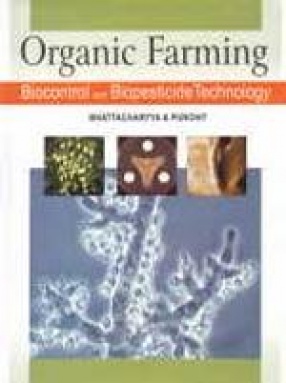
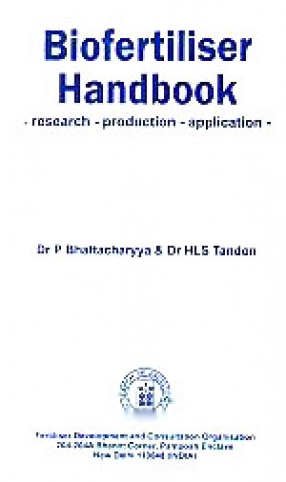

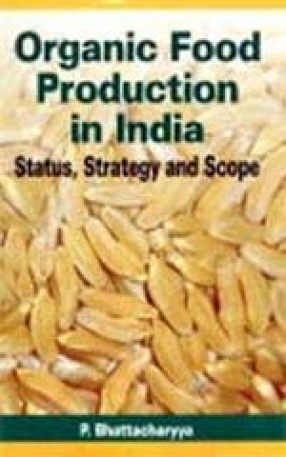

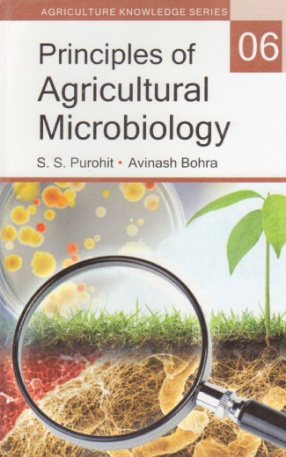
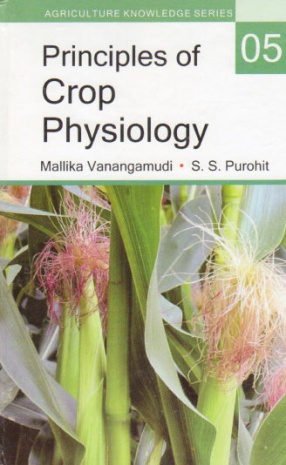
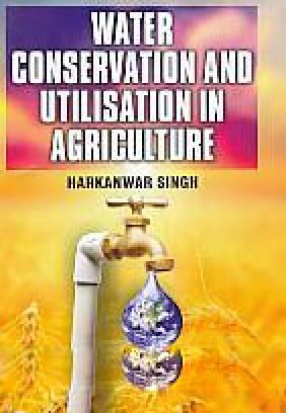
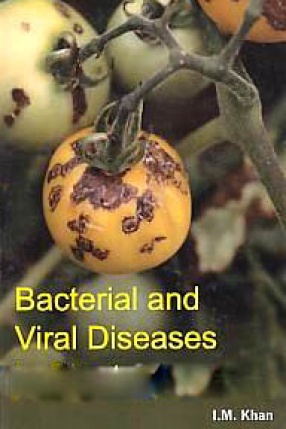
There are no reviews yet.